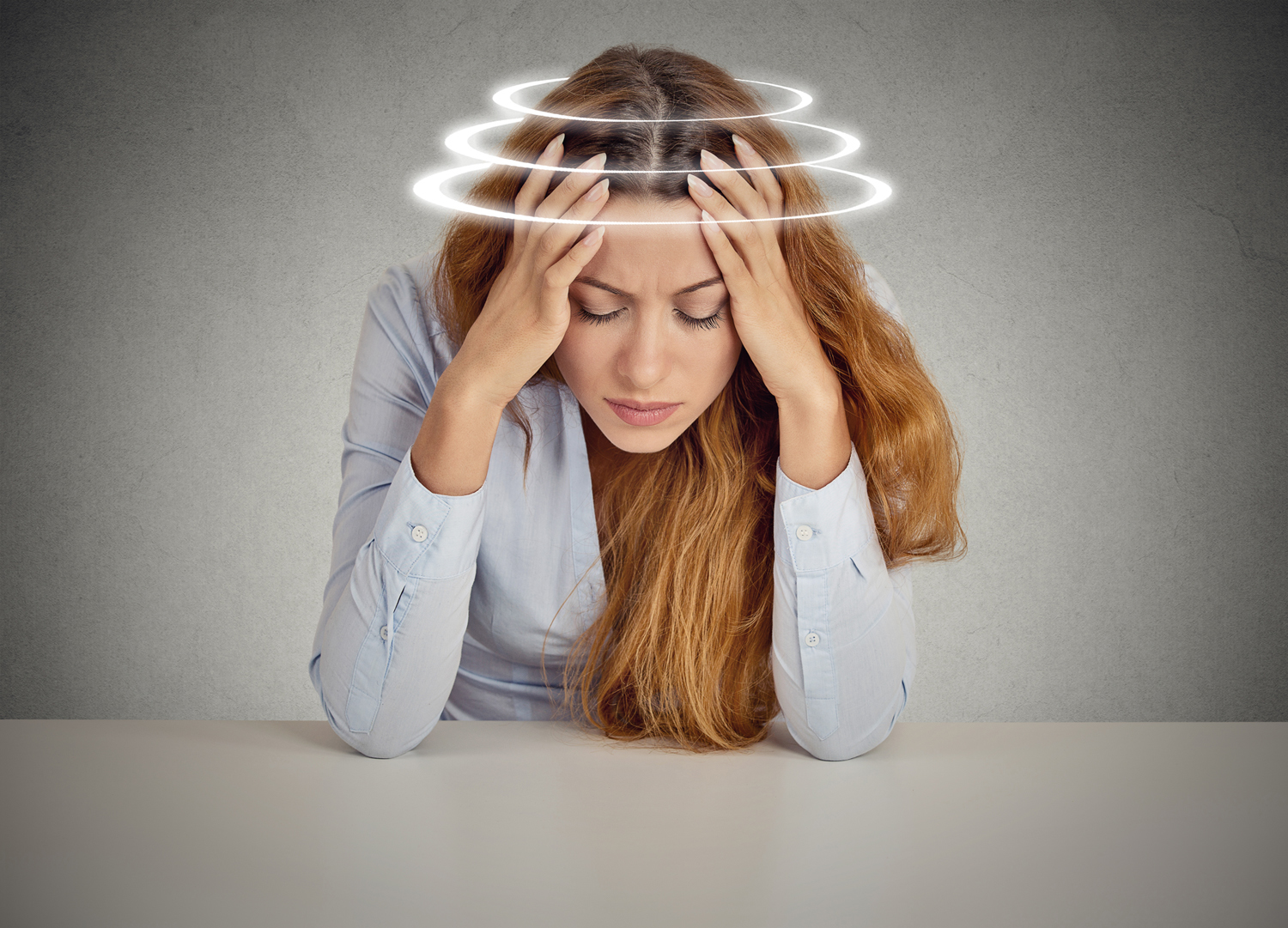 Dizziness can be a symptom of many things, some serious and some not. It is important to see a doctor if you are feeling dizzy so that you can find out the root cause and get the treatment you need. The best doctor for dizziness can accurately diagnose the underlying cause of your dizziness and help you find relief.
Dizziness can be a symptom of many things, some serious and some not. It is important to see a doctor if you are feeling dizzy so that you can find out the root cause and get the treatment you need. The best doctor for dizziness can accurately diagnose the underlying cause of your dizziness and help you find relief.
Some common causes of dizziness are:
Dehydration
Many people experience a sensation of spinning or lightheadedness when they become dehydrated. This is because dehydration causes the body to release histamine, which can dilate blood vessels and make you feel lightheaded. If you are feeling dizzy and have been sweating a lot or have been vomiting, it is likely that you are dehydrated and should drink fluids immediately.
Motion sickness
Motion sickness can occur when your brain gets conflicting signals from your eyes and your inner ear. This can happen when you are on a boat, in a car, or on any other type of moving vehicle. It is usually accompanied by nausea and vomiting. Motion sickness can be treated with medications such as Dramamine or Bonine, or by using acupressure bands.
Low blood sugar
Low blood sugar can cause dizziness, especially in people who have diabetes. When blood sugar levels drop too low, the body releases adrenaline to try to raise them. This adrenaline can cause the heart rate to increase, leading to feelings of lightheadedness or dizziness. People with low blood sugar should eat frequent small meals and snacks to prevent this from happening.
Anemia
Anemia is a condition that occurs when there are not enough red blood cells in the bloodstream. This can cause dizziness, shortness of breath, headache, and fatigue. Anemia can be treated with iron supplements and/or dietary changes.
Ear infection
An ear infection can cause dizziness as well as fever, headache, and pain in the ear. Ear infections are most commonly caused by bacteria or viruses and often go away on their own without treatment. However, if your dizziness is accompanied by other symptoms such as fever, rash, severe pain, or hearing loss, you should see a doctor right away.
Stroke
A stroke occurs when there is an interruption in the flow of blood to the brain. This can lead to symptoms such as confusion, blurred vision, slurred speech, and dizziness. If you are experiencing any of these symptoms, it is important to seek medical help immediately. A stroke can lead to permanent damage or death if not treated quickly.
Heart attack
A heart attack occurs when there is obstruction of the coronary arteries, which supply blood to the heart muscle. This obstruction leads to chest pain, shortness of breath, sweating, and feelings of anxiety or dizziness. A heart attack requires immediate medical attention; do not try to drive yourself to the hospital – call 911 instead.
Why You Should See A Doctor For Your Dizziness?
Dizziness can be a symptom of a serious condition, so it is important to see a doctor if you are feeling dizzy. A doctor can order tests to determine the cause of your dizziness and provide the appropriate treatment. Additionally, if your dizziness is accompanied by other symptoms such as chest pain or shortness of breath, it is important to seek medical attention immediately, as these could be signs of a heart attack or stroke.
Conclusion
You should see a doctor if you experience dizziness so that the root cause can be determined and treated appropriately. Contact your doctor immediately if your dizziness is accompanied by other symptoms, such as chest pain or shortness of breath.









